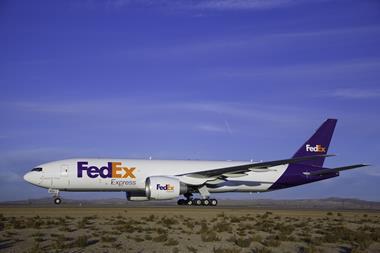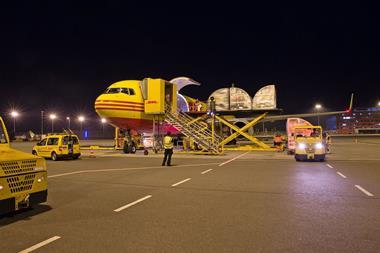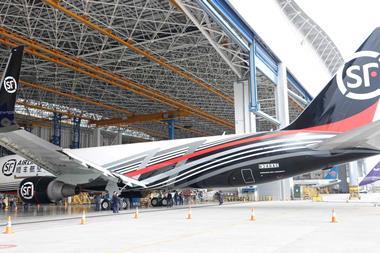The ‘Sharing Economy’ is shaking up logistics and the latter will in turn play a major role in shaping it, says a new Trend Report by express carrier DHL.
It predicts a future built around digital platforms and business models built on sharing rather than owning assets, which could a significant future opportunity for the logistics industry, according to Sharing Economy Logistics – Rethinking Logistics with access over ownership (www.dhl.com/sharingeconomy).
“The concept of sharing is nothing new, but today people can share assets and use sharing services at the speed and scale of three billion smartphone users worldwide. Naturally this started with high-value assets like rooms and cars, but the underlying concept can be applied to almost anything now,” says Matthias Heutger, DHL Customer Solutions and Innovation’s senior vice president strategy, marketing and innovation. “Logistics providers can really benefit from sharing their own assets, as well as facilitate the sharing of goods that are a hassle to transport. Digital sharing platforms give instant access to what’s available from online networks of users, including but not limited to hotel rooms, taxis, construction equipment household items and even people’s personal time or skills. Logistics providers can leverage these developments via more cost-effective usage of warehouse space, more efficient transportation and delivery methods, or flexible staffing models.”
The report expands on the theme of the Sharing Economy in which individuals or organizations get temporary access to an asset, service or skill owned by someone else and which would otherwise be underused. Not only does this maximize return on investment but produces a new revenue stream in the form of rental fees for the asset owner. Sharing is also good for the environment as it leads to fewer new assets being produced, and existing ones are being used more often.
However, sharing is not new to logistics. In its early days, DHL pioneered an early form of crowd sourcing, offering free plane tickets to private travelers in exchange for giving up their baggage allowance to transport critical shipping documents. By delivering the original bill of lading by plane before the containers arrived by ship, DHL’s innovative service sped up the customs clearance process and paved the way for the express delivery industry.
Today, though the scale of digital sharing platforms and crowd-based access to already existing assets is redefining the concept of ‘sharing’ and reshaping the future of logistics, the report argues. Sharing of warehousing space, transport capacities, operational data, and staffing are just some of the examples where the Sharing Economy could be effectively employed in logistics.
It could be applied across all parts of the logistics value chain to improve or change logistics operations – as well as create new businesses. For example, according to research, one in four trucks on US and EU roads are driving empty or only half-loaded. Digital platforms provide an instant snapshot of availability and the ability to access spare capacity in almost any truck, including smaller delivery vehicles or even private cars on a day to day basis. With its recently launched Saloodo! real-time freight brokerage platform, DHL says it is already tackling the problem of unused capacity. Saloodo! uses smartphone users and real-time communications to reach a greater audience of shippers to take advantage of excess capacity.
Multi-customer warehouses help third party logistics providers achieve greater economies of scale by consolidating fulfillment, demand and know-how between several customers within a single site. Taking the concept of space sharing from the hospitality sector as a model, sharing excess warehouse capacity would bring great financial and productivity benefits.
But the new opportunity for new business creation does not come without challenges. Risk liability, transparency, insurance and workforce protection all need to be addressed. Moreover, the pace of technological innovation and social change often outpace regulatory frameworks. “Collaboration between companies and policy makers is necessary to ensure development happens in a positive and productive way,” Heutger points out. “With logistics perfectly placed to enable and benefit from this trend, it will play a key role in shaping the Sharing Economy and rewriting the rules of value creation.”










